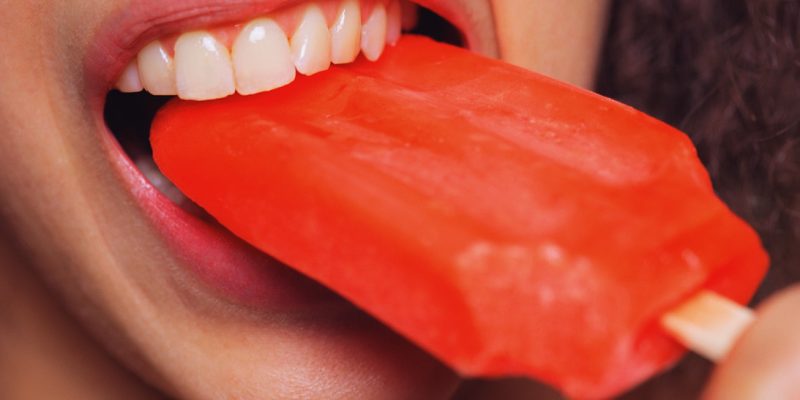Have you ever experienced sudden and sharp pain in your teeth while eating something too hot or cold, like an ice cream or hot soup? Well, if you have, then you are not alone! This condition is called dentin sensitivity. Usually, when you consume foods that are either too hot or too cold or brush your teeth, you feel pain in your teeth. This happens when the outermost layer of the teeth, the enamel, has eroded or the tooth roots have been exposed.
You may experience this pain temporarily, or it may be chronic. It does not necessarily mean that all your teeth need to be sensitive; rather, it can be just one tooth or a bunch of teeth. If you want to contact someone doing dental practice in the Park Slope area of Brooklyn, New York, you can click on the link.
Causes of tooth sensitivity
Tooth sensitivity can be caused due to a variety of reasons:
- Over time, the outer protective layer of the tooth, or the enamel, can erode if a person brushes too hard, consumes acidic foods and drinks, or grinds their teeth.
- In the case of receding gums, the tooth’s root surface becomes exposed, making your teeth sensitive.
- As the erosion of the enamel happens, the innermost layers of the teeth, like dentin or pulp, start getting exposed to the contents of your mouth, causing sensitivity.
- Sometimes, teeth whitening procedures may cause temporary tooth sensitivity.
- Grinding your teeth can damage the enamel, leading to sensitive teeth.
- If you let plaque accumulate over the root surfaces, there is a high chance of you getting sensitive teeth.
You must take care of how you treat your teeth while performing the tiniest everyday tasks like brushing.
Treatments and remedies for sensitive teeth
As mentioned earlier, paying attention to how you treat your teeth is essential. You can always avoid them altogether, but here are some tips to make yourself feel better if you cannot.
- Switch to a desensitizing toothpaste.
If you use regular toothpaste, you might notice that the sensitivity in your teeth does not go away. Hence, try using desensitizing toothpaste that reduces the sensitivity of your teeth and makes brushing your teeth less painful over time.
- Consider fluoride treatment
Fluoride is a naturally occurring mineral that strengthens the enamel layer of the teeth, thus making them less vulnerable to sensitivity.
- Stop grinding your teeth.
It is self-explanatory, as grinding your teeth will damage the outermost layer of your teeth, thus increasing the chances of sensitivity.
- Dental Sealants
Dental sealants are a protective measure that can be applied to the surface of the teeth, helping to protect them and decrease sensitivity.







Comments